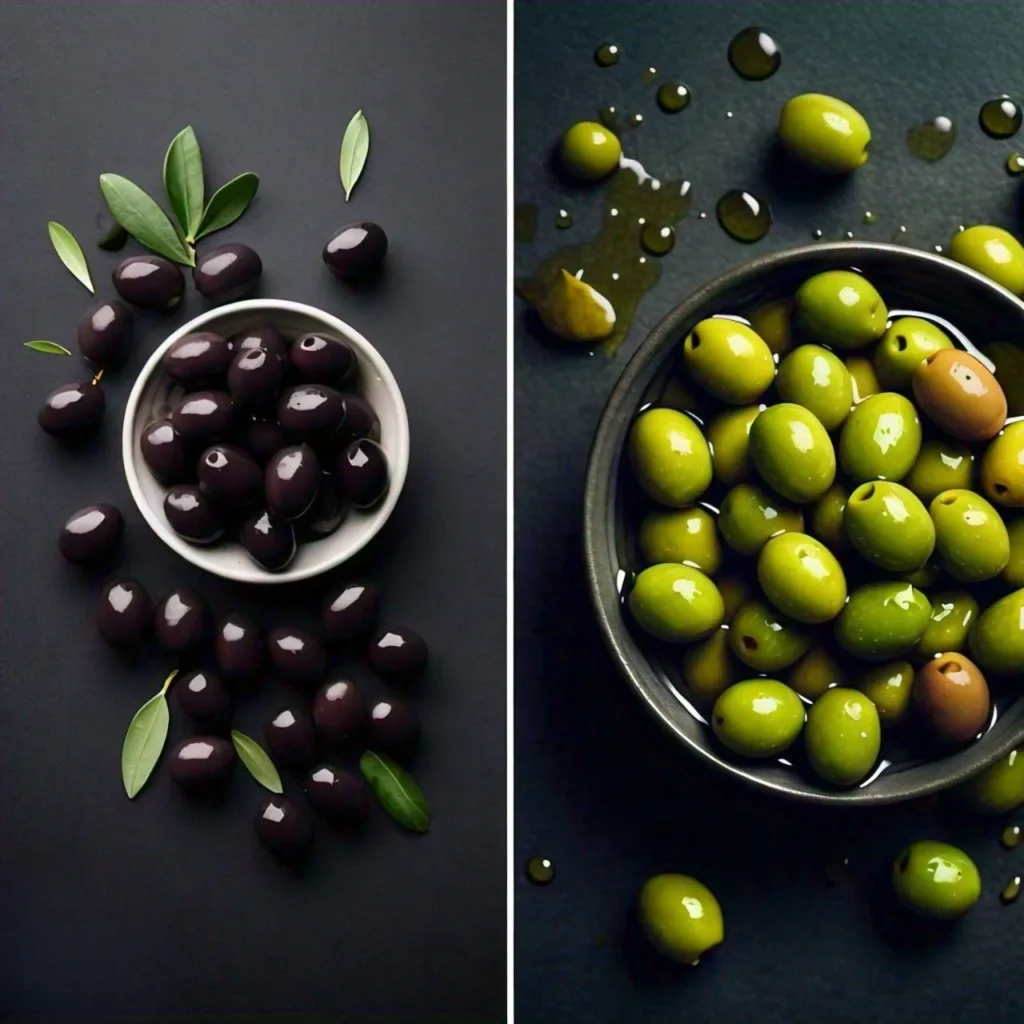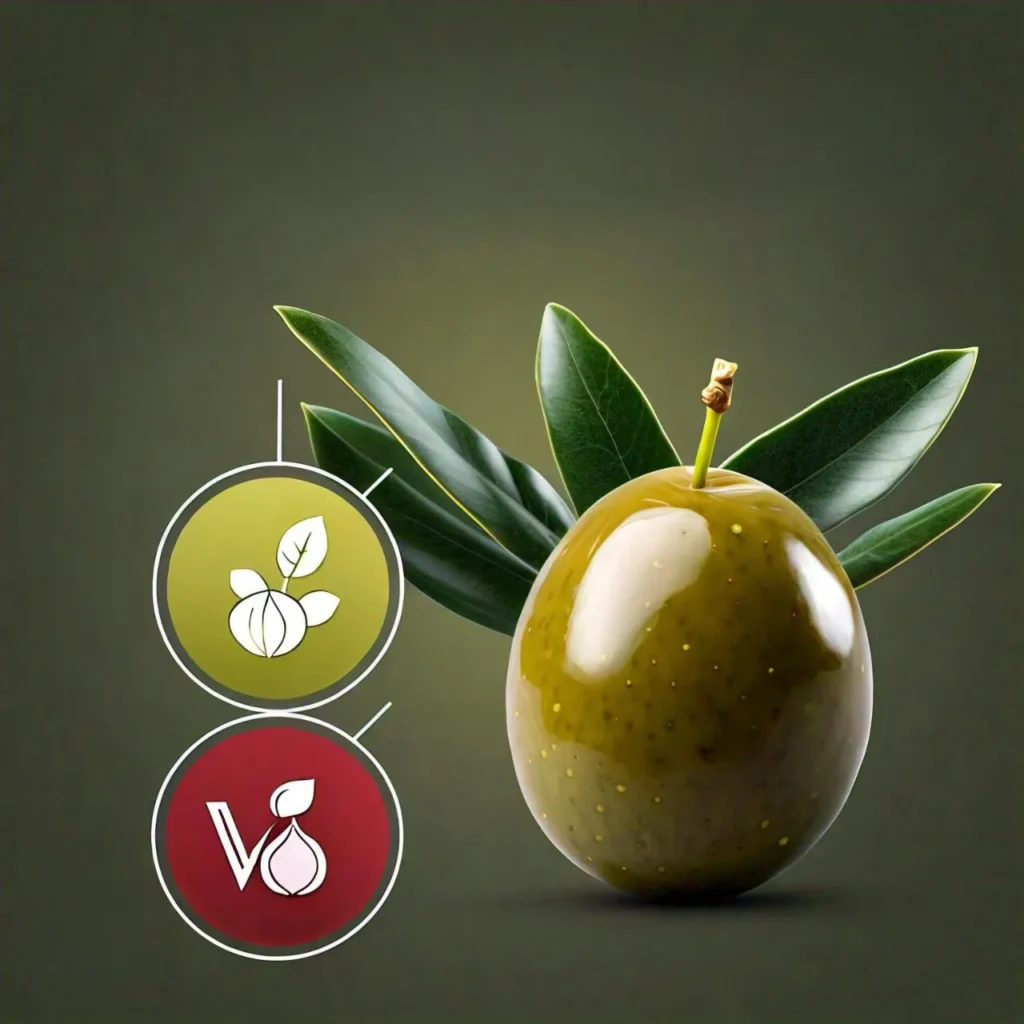Introduction
As pet owners, we often wonder whether the foods we enjoy are safe for our furry companions. One common question is, “Can dogs eat olives?” Olives are a popular snack for humans, but are they suitable for dogs? In this article, we’ll explore the safety of feeding olives to dogs, the potential benefits and risks, and how to safely offer this treat if you choose to do so.
Are Olives Safe for Dogs?
The short answer is yes, dogs can eat olives in moderation. Olives are not toxic to dogs, and most dogs can safely enjoy them as an occasional treat. However, there are several important factors to consider before sharing olives with your canine friend.
Types of Olives: Black vs. Green
When considering feeding olives to your dog, it’s essential to distinguish between black and green olives:

- Black Olives: These olives are ripe and typically have a milder flavor. They are generally safe for dogs as long as they are plain and free from added seasonings or brine.
- Green Olives: These are unripe and often come packed in brine or stuffed with ingredients like garlic or pimentos. Green olives are also safe in small quantities, but the added sodium from the brine or harmful fillings like garlic can pose a risk to your dog’s health.
Potential Health Benefits of Olives for Dogs
While olives aren’t a necessary part of a dog’s diet, they do offer some potential health benefits when given in moderation:

- Healthy Fats: Olives are a good source of monounsaturated fats, which can promote a healthy coat and skin for your dog.
- Vitamins and Minerals: Olives contain small amounts of essential vitamins and minerals like Vitamin E, iron, and copper, which support overall health.
- Antioxidants: The antioxidants in olives can help fight oxidative stress, which contributes to aging and diseases in dogs.
Risks of Feeding Olives to Dogs
Despite their potential benefits, there are some risks associated with feeding olives to dogs:
- High Sodium Content: Olives, especially those packed in brine, are high in sodium. Excessive salt intake can lead to dehydration, high blood pressure, and even sodium poisoning in severe cases.
- Pits: Olive pits are a choking hazard and can cause intestinal blockages if ingested. Always ensure that the olives you offer your dog are pitted.
- Added Ingredients: Many olives are seasoned or stuffed with ingredients like garlic, onions, or cheese, which are harmful to dogs. Avoid feeding your dog olives that contain these additives.
Personal Experience: My Dog and Olives
As a dog owner, I’ve encountered situations where my curious dog wanted to sample what I was eating, including olives. Initially, I was hesitant, but after researching and consulting with our vet, I decided to offer my dog a small, plain, pitted black olive. To my surprise, he seemed indifferent to the taste and quickly lost interest. This reinforced the idea that while olives are safe, they may not be the most appealing or beneficial treat for all dogs.
How to Safely Feed Olives to Your Dog
If you decide to give your dog olives, here are some guidelines to ensure their safety:
- Choose Plain, Pitted Olives: Opt for plain black or green olives that are free from seasonings, brine, or stuffing.
- Moderation is Key: Limit the number of olives you give to your dog to avoid overconsumption of sodium and fats.
- Monitor for Reactions: After offering olives, observe your dog for any adverse reactions, such as digestive upset or changes in behavior.
- Consult Your Vet: If you’re unsure whether olives are suitable for your dog, it’s always best to consult your veterinarian for personalized advice.
Alternatives to Olives
If you’re looking for healthy treats that are more beneficial to your dog, consider these alternatives:
- Carrots: Low in calories and high in fiber, carrots are a crunchy, nutritious snack for dogs.
- Blueberries: Packed with antioxidants, blueberries make a great low-calorie treat.
- Pumpkin: Rich in fiber and vitamins, pumpkin is excellent for digestive health.
Conclusion
While dogs can eat olives, they aren’t the best treat for your furry friend. If you choose to share olives with your dog, ensure they are plain, pitted, and offered in moderation. Always prioritize your dog’s health and consult with a vet if you have any concerns. Remember, there are many other healthy treats out there that your dog will likely enjoy even more than olives!
By being informed and cautious, you can ensure your dog’s diet remains safe, nutritious, and enjoyable.
